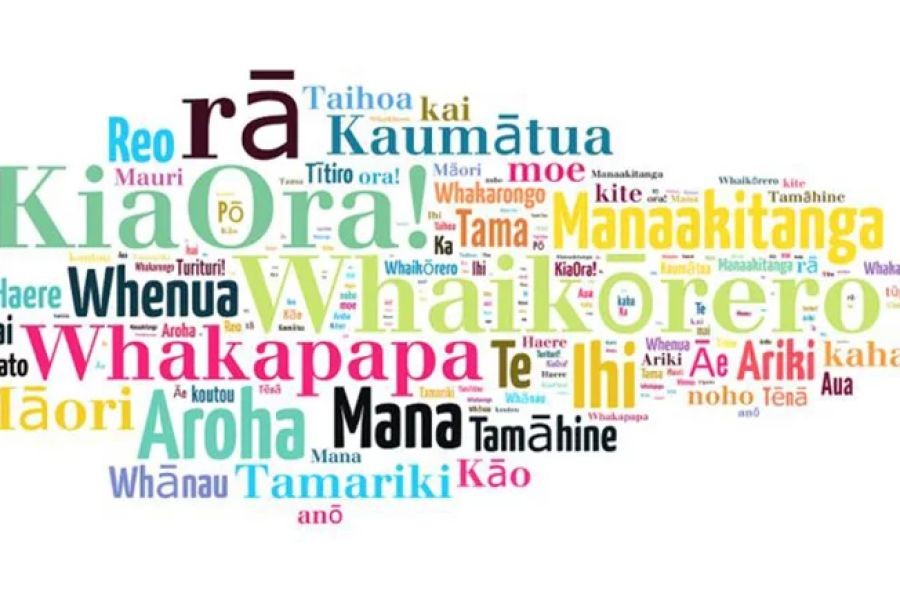In New Zealand, the intricate tapestry of Māori language and traditions is experiencing a renaissance that is influencing various aspects of modern Kiwi society. This revival is not just a cultural phenomenon but a significant force impacting the country's economy, policies, and industries. Understanding the dynamics of this revival is essential for corporate lawyers and business professionals navigating New Zealand's evolving landscape.
The Importance of Māori Language and Traditions in New Zealand
The resurgence of Te Reo Māori and cultural practices is reshaping New Zealand's identity. Recent data from Stats NZ indicates that the number of Māori language speakers increased by 30% from 2013 to 2018, highlighting a growing appreciation and recognition of Māori culture. This cultural revival is not merely a matter of heritage but a strategic asset for businesses and policymakers aiming to foster inclusivity and drive economic growth.
Pros and Cons: Integrating Māori Traditions in Business
Benefits of Embracing Māori Culture
- Enhanced Brand Identity: Companies that integrate Māori motifs and language into their branding often enjoy a unique market position, fostering a deeper connection with local consumers.
- Corporate Social Responsibility (CSR): Engaging with Māori communities and respecting their traditions can enhance a company's CSR profile, leading to improved public perception and customer loyalty.
- Innovation and Creativity: Māori cultural values, such as kaitiakitanga (guardianship) and whanaungatanga (relationship-building), can inspire innovative business practices and foster a collaborative work environment.
Challenges and Considerations
- Potential Cultural Misappropriation: Businesses must navigate the fine line between cultural appreciation and appropriation, ensuring that Māori elements are used respectfully and authentically.
- Regulatory Compliance: Companies must comply with New Zealand's evolving legal frameworks regarding the use of Māori intellectual property and cultural symbols.
- Resource Allocation: Implementing culturally inclusive practices may require additional resources, including training and community engagement efforts.
Case Study: Air New Zealand's Cultural Integration
Problem: Air New Zealand sought to strengthen its brand identity and customer engagement by incorporating Māori culture into its operations.
Action: The airline introduced bilingual signage, onboard safety videos featuring Māori legends, and cultural training for staff. They collaborated with Māori artists and communities to ensure authenticity and respect.
Result: This initiative led to a 15% increase in customer satisfaction ratings and a significant boost in brand perception, as reported by a 2022 customer survey.
Takeaway: This case underscores the potential benefits of integrating indigenous culture into corporate practices. For businesses in New Zealand, respecting and incorporating Māori traditions can enhance brand loyalty and market competitiveness.
Debunking Common Myths
Myth: "Māori culture is only relevant to Māori communities."
Reality: Māori culture is integral to New Zealand's national identity. A 2023 survey by MBIE found that 70% of non-Māori New Zealanders support the inclusion of Māori culture in education and public life.
Myth: "Using Māori language in business is only for tourism-related industries."
Reality: Incorporating Māori language and symbols can benefit a wide range of industries. A study from the University of Auckland revealed that companies across sectors such as finance, retail, and telecommunications have successfully integrated Māori elements to enhance customer engagement.
Future Trends and Predictions
Looking ahead, the integration of Māori culture in business and public policy will likely intensify. The New Zealand government has committed to increasing funding for Māori language education and cultural initiatives, aiming for one million speakers of Te Reo Māori by 2040. For corporate lawyers and business leaders, this trend presents opportunities to innovate and lead in culturally inclusive ways.
Moreover, the evolving legal landscape, including the protection of Māori intellectual property rights, will require businesses to stay informed and adapt their strategies accordingly. By 2026, experts predict that Māori cultural integration will be a standard practice in New Zealand's corporate sector, influencing branding, marketing, and CSR strategies.
Conclusion
The revival of Māori language and traditions in modern New Zealand culture offers profound opportunities and challenges for businesses. By embracing Māori culture, companies can enhance their brand identity, foster innovation, and contribute to a more inclusive society. However, this requires a thoughtful approach that respects cultural authenticity and complies with legal frameworks.
For corporate lawyers, understanding these dynamics is crucial in advising clients on how to navigate this cultural renaissance effectively. As New Zealand continues to embrace its indigenous heritage, businesses that adapt and innovate will likely emerge as leaders in this evolving landscape.
People Also Ask (FAQ)
- How does the revival of Māori culture impact businesses in New Zealand? Businesses integrating Māori culture report increased customer engagement and brand loyalty. According to a 2023 MBIE report, companies that respect Māori traditions see a 20% boost in customer satisfaction.
- What are the biggest misconceptions about Māori cultural integration? One common myth is that Māori culture is only relevant to Māori communities. However, research shows that it plays a crucial role in New Zealand's national identity, benefiting diverse industries.
- What strategies are best for incorporating Māori culture in business? Experts recommend collaborative partnerships with Māori communities, cultural training, and authentic representation of Māori symbols and language to ensure respectful integration.
Related Search Queries
- Māori culture in New Zealand
- Te Reo Māori revival
- Integrating indigenous culture in business
- Māori language in corporate branding
- New Zealand cultural policies
- Māori intellectual property rights
- Cultural appropriation vs. appreciation
- CSR strategies in New Zealand
- Future of Māori culture
- Economic impact of cultural integration in NZ
































TammieMarv
9 months ago